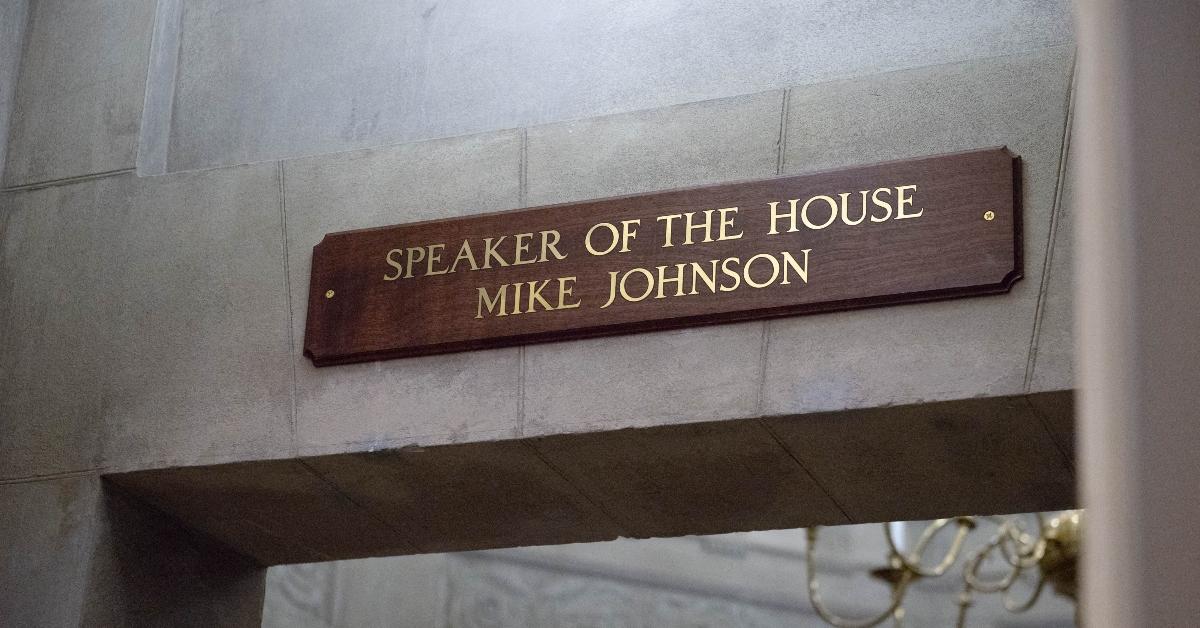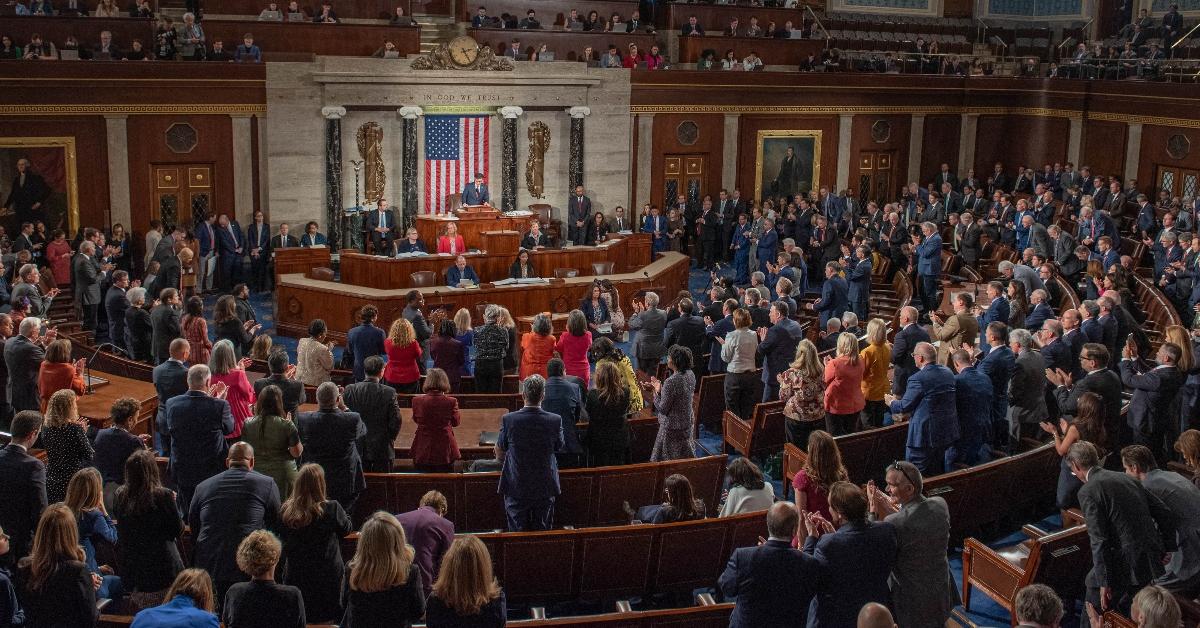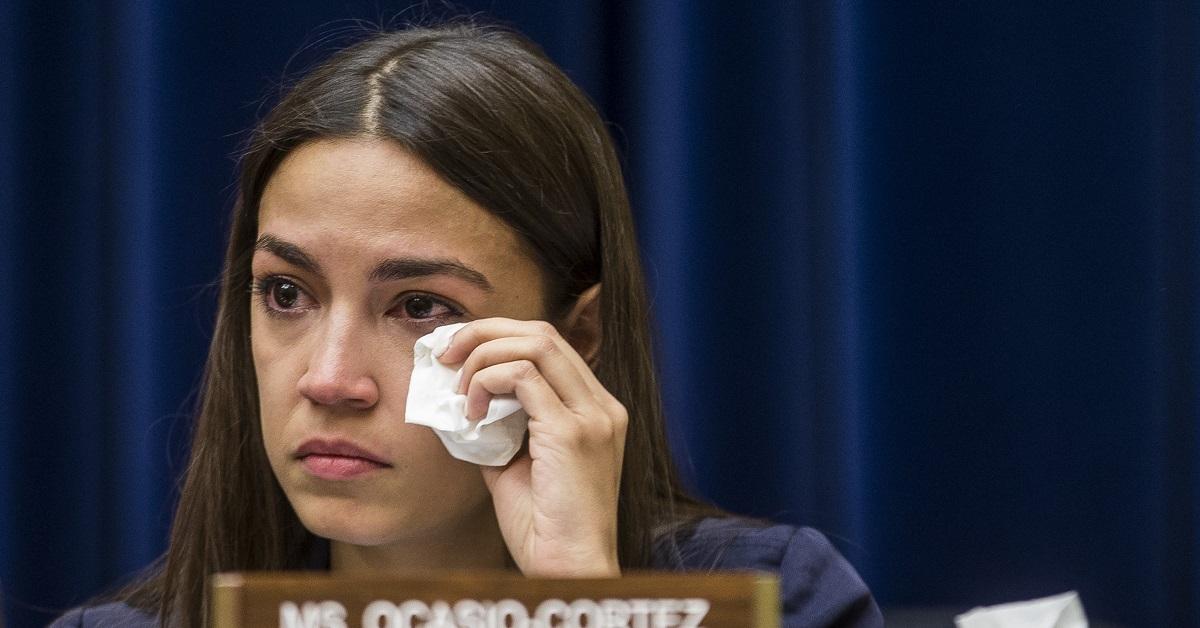The Speaker of the House Race Could Be Greatly Affected by Anyone Voting Present — Here’s Why
It's the "narrowest House majority in nearly 100 years."
Updated Jan. 3 2025, 10:54 a.m. ET

Most of the time, members of the House and Senate vote in the affirmative or negative on whatever proposal is before their chamber on a given day. It's a pretty simple system, although one that gets unnecessarily complicated by a variety of rules and procedures, some of which are actually hindrances to governing.
The 119th Congress convenes on Jan. 3, 2025, and with it, a Republican-led era will begin. One of the first orders of business is voting on the Speaker of the House. Given the fact that this is the "narrowest House majority in nearly 100 years," per CNN, current speaker Mike Johnson is fighting for his life to retain his position. Some members of Congress could end up voting present, which will affect the overall tally of the votes. What does that mean?

What does it mean to vote present?
Voting present means that you are not casting your vote either for or against a potential Speaker of the House. Instead, you are simply acknowledging that you were present for the vote. Doing this allows your attendance to be recorded for the record. According to WBAL, to become Speaker of the House you need a majority of the votes, which is 218 of 435. If someone votes present instead of calling out a name, that takes votes away from possible nominees.
Usually, voting present is done for some political reason or because the member who voted present has a conflict of interest with the issue under discussion. The tactic happens fairly frequently, and members don't always explain their reasoning for taking the vote before or after doing so.

In September 2021, Representative Alexandria Ocasio-Cortez voted present on a bill to fund Israel's Iron Dome.
CNN reported that Alexandria Ocasio-Cortez (AOC) voted present on the Iron Dome Supplemental Appropriations Act in September 2021. This would provide Israel with an additional $1 billion for its missile defense system, which is known as the Iron Dome. According to House Appropriations Committee Chairwoman Rose DeLauro, the bill was designed to ensure "Israel can fully defend all its citizens." She also added that the legislation "furthers the cause of peace."
This was a difficult decision for AOC, who reportedly cried while voting present. She later penned a letter regarding her reaction, saying, "I wept at the complete lack of care for the human beings that are impacted by these decisions. I wept at an institution choosing a path of maximum volatility and minimum consideration for its own political convenience." She went on to say, "It’s time to have serious conversations about conditioning military aid."

AOC was initially going to vote "no" on the bill, but eventually changed her vote to present. The other members of the squad, Ilhan Omar, Rashida Tlaib, and Ayanna Pressley, all voted no on the bill. She apologized to her constituents for voting present, addressing the accusations that this was a cowardly move.
The letter did not explain why she didn't vote no. Instead, she wrote about wanting to grow "community support for human rights around the world."
In March 2022, a $1.5 trillion spending bill was passed that included $1 billion in supplemental funding for Israel’s Iron Dome.